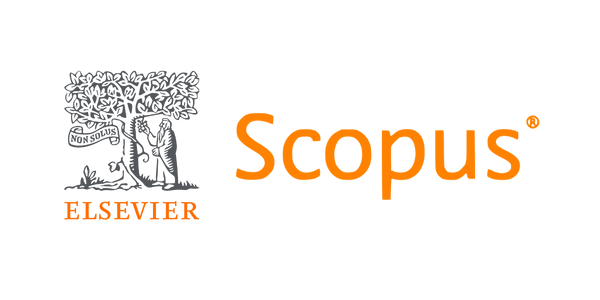Assessment of risk profile of medical and dental students regarding hospital-associated infections in Nigeria
DOI:
https://doi.org/10.61386/imj.v14i2.56Keywords:
Medical students, Infection control, vaccinationAbstract
Background: Medical education involves intense clinical training which necessitates exposure of the medical and dental students to patients. In some instances, the student comes in contact with infectious diseases and are vulnerable to getting infected or by themselves becoming a carrier of the disease.
Objectives: We aim to assess the risk profile of medical and dental students in clinical settings in terms of hospital-associated infections.
Study Design: This is a cross sectional studies conducted among medical and dental students in Nigeria, with focus on 4th to 6th year students from 4 Public universities using anonymous structured questionnaire.
Result: Two hundred and ninety-five (295) participants were enrolled in this study. The mean (±SD) age of the respondents was 23.45 (±2.88) years. The majority (65.1%) of them were males, 82.4% were medical students. Only 68% of the respondents reported that they had received a comprehensive lecture on infection control in the course of their training. Less than half of the respondents indicated that their institutions provide free vaccination against tetanus, hepatitis, yellow fever, and cerebrospinal meningitis. 47.1% and 57.3% of the respondents keep their clinical apparels in their school bag and room wardrobe, respectively. More than 70% of the respondents agreed that hand washing is the most important step in infection control. However, only a minority (<40%) always practice hand washing in accordance with recommendation.
Conclusion: The present study shows that there is a need for improvement in the attitude and practice of medical students towards hand hygiene use and vaccination. There is also a need for advocacy in institutionalization of preventive measures for the control of nosocomial infections.
Published
Issue
Section
License
Copyright (c) 2021 Aladelusi T, Kanmodi K, Kanmodi P

This work is licensed under a Creative Commons Attribution 4.0 International License.










